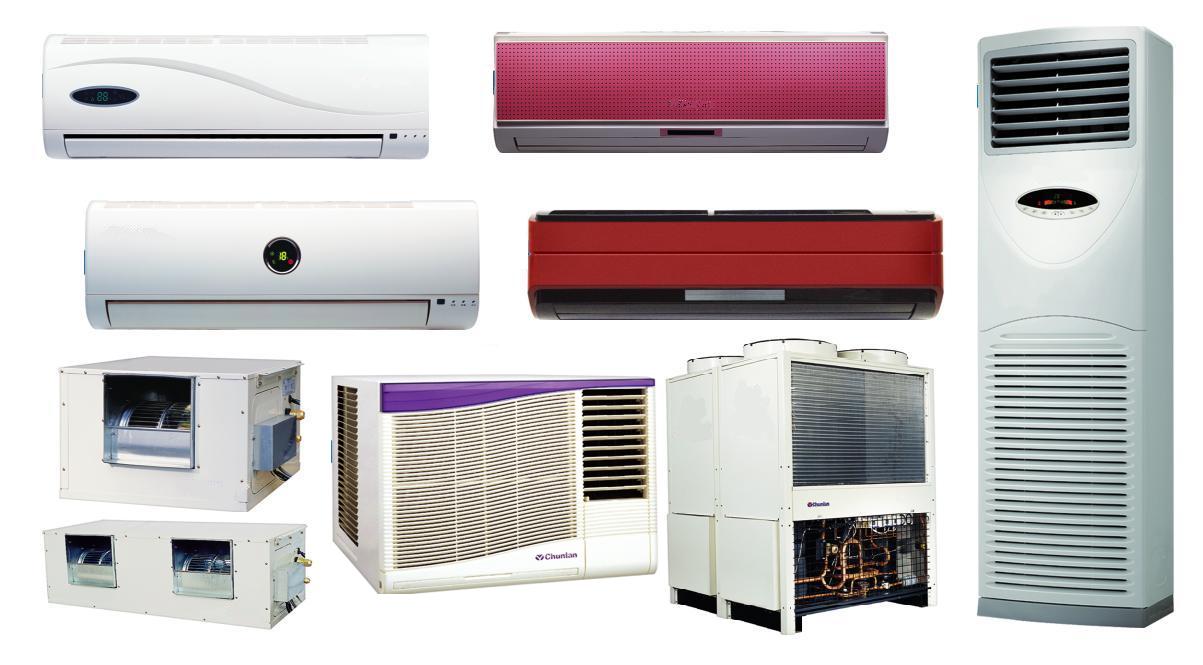advertisement
Revolutionising Air Conditioners
Air conditioners use chemicals called refrigerants, potent greenhouse gases that can be several hundred times as damaging as carbon dioxide….

Air conditioners use chemicals called refrigerants, potent greenhouse gases that can be several hundred times as damaging as carbon dioxide. These units also guzzle electricity—accounting for about 10 percent of all energy consumed globally.
This number is feared to rise at least fivefold by 2050 as per a study conducted by Rocky Mountain Institute.
“As global warming accelerates, demand for atmosphere-damaging air conditioners will increase, creating a potentially catastrophic cycle,” the report notes.
advertisement
The European Commission is now backing the use of propane (R290) in small split-system air conditioners, with the future possibility of a maximum Global Warming Potential (GWP)of 150 for new equipment, a welcome move by air conditioning manufactures.
A recently conducted report from the European body states that it appears ‘technically possible to avoid F-gases today in new single split air conditioning with a cooling capacity below 7kW by using the refrigerant propane unless national legislation or codes prohibit its use’.
This, according to Prateek Suri, CEO of a Dubai-based air conditioning brand, Maser, says that the announcement is a motivation for many manufacturers who want to venture into emerging markets, as propane reduces the environmental risks, with many manufacturers ceasing to supply R410A units.
advertisement
“Air conditioners play a fundamental role in our lives as they provide us with comfort and a better quality of life. This is because they let us enjoy a nice temperature even in the most extreme weather,” he says. Adding, “But the use of older technologies has contributed to the emission of greenhouse gases. The use of propane is a big step towards ensuring humans live comfortable lives without harming the environment.”
Suri, whose company will be redistributing the modern air conditioners from the Jebel Ali area to the Middle East and Africa (MEA) market, says this Singaporian innovation will revolutionise the industry.
“Singapore has set a good example for the world. New climate-friendly technologies emerging from the nation not only provide comfort for billions but could also make the air conditioning business sustainable,” he adds.
advertisement
One building in Singapore that tested the innovation has achieved almost net-zero energy consumption – the first of its kind in the tropics – with rooftop solar panels, a novel air conditioning system, and natural ventilation and lighting.
Ceiling fans provide comfort and fresh air with much less refrigeration cooling, leading to enormous energy savings of up to Sh18 million per year. The new technology is a precursor of a cool, energy-efficient future for office buildings and factories in coastal humid climates.
Maser is already distributing the conditioners to Kenya, with Nairobi’s middle class being the first to enjoy the climate-smart conditioning in their houses.
“Some customers are importing them directly to their countries in Africa. For instance, consumers in Malawi and Gambia have been using them after purchasing them and getting them shipped to their home towns,” reveals Suri.
In the solar climate-constrained future, night-time power will mostly come from costly battery storage or fossil-fuelled generators with carbon-capture and storage. The meter price will be even higher, accelerating consumer demand for energy-efficient air conditioning technologies. Thermal batteries could be a cheaper option than the better known electrical batteries for air conditioning systems.
“These can be as simple as large tanks that store water chilled with cheap daytime solar electricity. The chilled water can be used later to provide cooling through the night,” says James Trevelyan, CEO, and Founder of Close Comfort, a cooling solutions company based in Singapore and Australia.
Suri observes that to fully enjoy all the benefits that an air conditioner offers, you must make sure that your AC is in perfect condition.
“To do this, you must keep in mind that maintenance plays a big role when it comes to extending the lifespan of your aircon and enhancing its performance. Moreover, you can apply various tips for air conditioning maintenance that you can do yourself to save time and money,” he concludes.
Prateek Suri is the CEO of Maser.